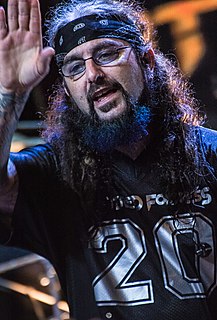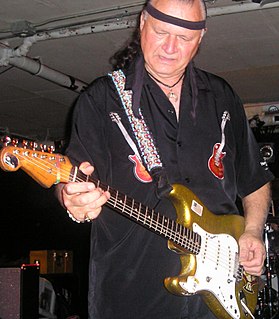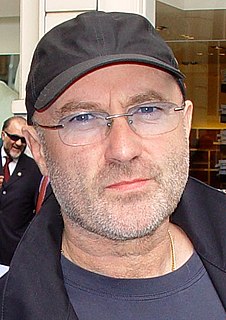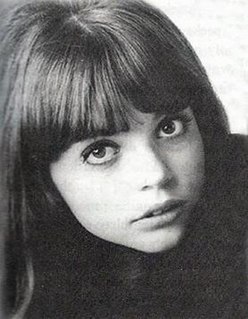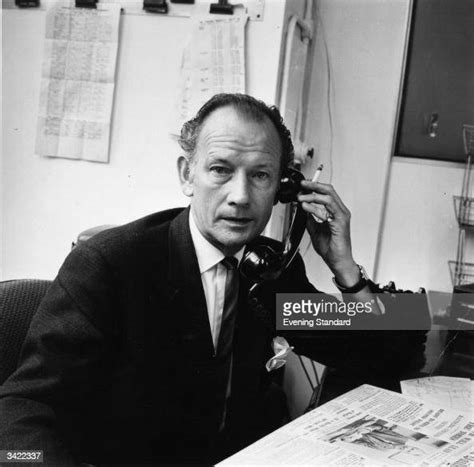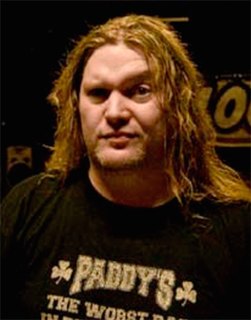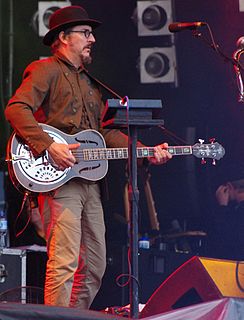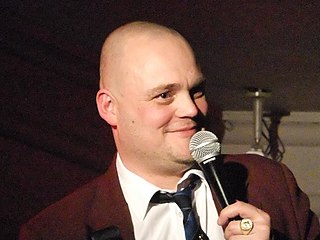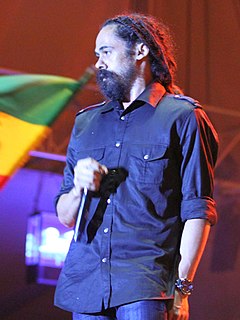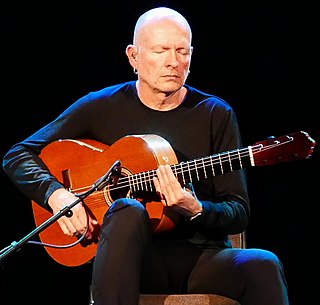A Quote by Max Weinberg
As with any art, you create it [drumming] out of something that isn't there. It's very architectural. It's the architecture of whatever piece of music I'm playing. I think the whole idea of drumming is to allow other people around you to more easily express themselves.
Related Quotes
For me space rock is something that takes you out of yourself and out of your normal realm. And if space happens to be that inner space or outer space it's a very personal thing. I think that mantra is space music. I think that Native American tribal drumming is space music. Anything that allows you to go inward to go outward and to move within a space that is not normal to your reality.
I think it's okay that there's digital music out there, because that does mean more people have access. I mean, you're a student, and you're studying music, and you want to find a CD of a whole work, but there's one piece that intrigues you. It's easy to get that piece for a dollar for the most part. And it's so easy for people to carry around music digitally.
One of the most powerful aspects of drumming and the reason people have done it since the beginning of being human is that it changes people's consciousness. Through rhythmic repetition of ritual sounds, the body, the brain and the nervous system are energized and transformed. When a group of people play a rhythm for an extended period of time, their brain waves become entrained to the rhythm and they have a shared brain wave state. The longer the drumming goes on, the more powerful the entrainment becomes. It's really the oldest holy communion.
I think whatever you believe in affects whatever you express, whatever you create. It shapes your morality in some way. But I don't think that's something that you have to shove down people's throats. I'd rather keep it in the background, and I'd rather people came to the music in an unprejudiced way. I'm glad, in a sense, that most people don't know about me, what I do, much. I'd rather they hear the music, and then say, "I wonder what kind of person created this."
The thing that interests me far more than anything is creating music, songwriting and arranging, and in that context drumming itself is a means to an end. I think it's really easy to forget that - I'd sooner play something musical than flash, and as I can't play anything flash, I try to be musical. Drums can set a mood, create an impression, as much as anything else.
Flamenco is Arabic music and rhythms filtered through centuries of gypsies making music. The gypsies themselves came originally from India. And then there is the Caribbean influences... This whole idea that there is any such thing in music that "purity" is bunk, it just doesn't exist. I love that I am playing these rhythms to people. And the next time they hear something that's maybe a little more exotic, I have created a little bridge, and they are going, "Oh, this actually sounds really cool. It reminds me a little bit of that, but it's something different."

